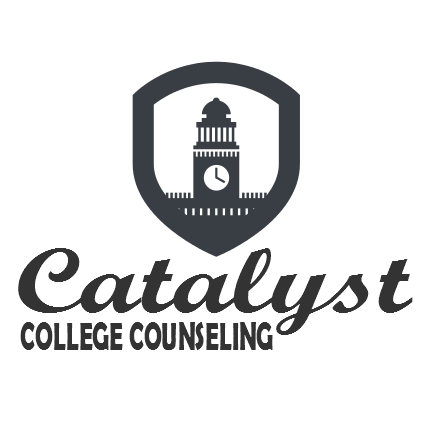Unveiling the Secrets: The Best Ways for Rising High School Seniors to Look for Scholarships
/Introduction:
As the final year of high school approaches, rising seniors find themselves on the threshold of an exciting new chapter in their lives. However, the prospect of financing higher education can be daunting for many students and their families. Fortunately, scholarships provide an invaluable opportunity to alleviate the financial burden and make dreams of attending college a reality. To help rising high school seniors navigate the scholarship landscape, we have compiled a list of the best ways to uncover these coveted funding opportunities.
Start Early and Stay Organized:
The search for scholarships should begin well in advance of senior year. It is essential to establish a systematic approach by creating a spreadsheet or using scholarship search platforms to keep track of application deadlines, requirements, and outcomes. Staying organized will allow you to maximize your chances of securing scholarships and avoid missing out on valuable opportunities.
Leverage Online Resources:
Numerous online platforms and databases serve as treasure troves for scholarship seekers. Websites like Fastweb, Scholarships.com, and College Board's Scholarship Search offer comprehensive databases that match students with relevant scholarships based on various criteria, such as academic achievements, interests, and personal background. Utilize these resources to expand your search and discover scholarships tailored to your profile.
Consult with Your School Counselor:
Your school's guidance counselor is an invaluable resource when it comes to scholarships. Counselors often have access to local scholarship opportunities and can provide guidance on the application process. They can help you identify scholarships specific to your region, school, or field of study and offer advice on how to craft compelling essays and showcase your accomplishments effectively.
Explore Community and Local Organizations:
Many local organizations, businesses, and foundations offer scholarships to support students within their community. Research and reach out to organizations like Rotary clubs, chambers of commerce, religious institutions, and community foundations. Attend local scholarship fairs or check with your school's financial aid office to identify local scholarships that may not be widely advertised.
Tap into Your Network:
Don't overlook the power of personal connections. Network with family, friends, teachers, and mentors who may have insights into scholarships or connections with organizations that offer financial aid. They can provide valuable recommendations, notify you of scholarship opportunities, or even write recommendation letters on your behalf.
Research National Scholarships and Grant Programs:
National scholarships and grant programs, such as the Gates Millennium Scholars Program, Coca-Cola Scholars Foundation, or the National Merit Scholarship Program, provide substantial financial support for high-achieving students. Conduct thorough research on eligibility criteria, application deadlines, and selection processes for these prestigious programs. Invest time in crafting exceptional essays and presenting a strong case for why you deserve the scholarship.
Tailor Applications to Highlight Unique Skills and Experiences:
When applying for scholarships, emphasize your unique qualities, talents, and experiences. Highlight leadership roles, community service, extracurricular activities, and academic achievements that set you apart from other applicants. Craft your essays to reflect your personal journey, aspirations, and the impact you wish to make through your education.
Conclusion:
The search for scholarships requires dedication, organization, and resourcefulness. By starting early, utilizing online platforms, leveraging local resources, and tapping into personal networks, rising high school seniors can significantly increase their chances of securing valuable scholarships. Remember, scholarships not only provide financial aid but also acknowledge your achievements, potential, and commitment to positively impacting society. So, embrace the search, put your best foot forward, and let your dreams soar with the help of scholarships.




